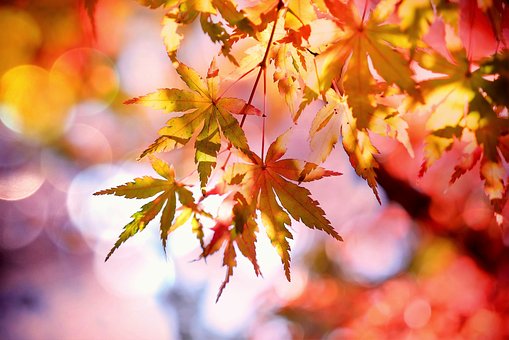After a person has killed a being or stolen things, the karmic seed of such action will remain in this person’s alaya consciousness. When it will germinate is uncertain, however. The scriptures often used the analogy of harvesting crops to illustrate the timing of karmic effect. There are great varieties of grains and vegetables and the length of time for them to ripen varies. Some may ripen in only one to two months, others five or six months, or even longer. The types of seeds, the geographical location and the climate are all contributing factors to this disparity.
~Depicted from THE RIGHT VIEW - On Cause and Effect











